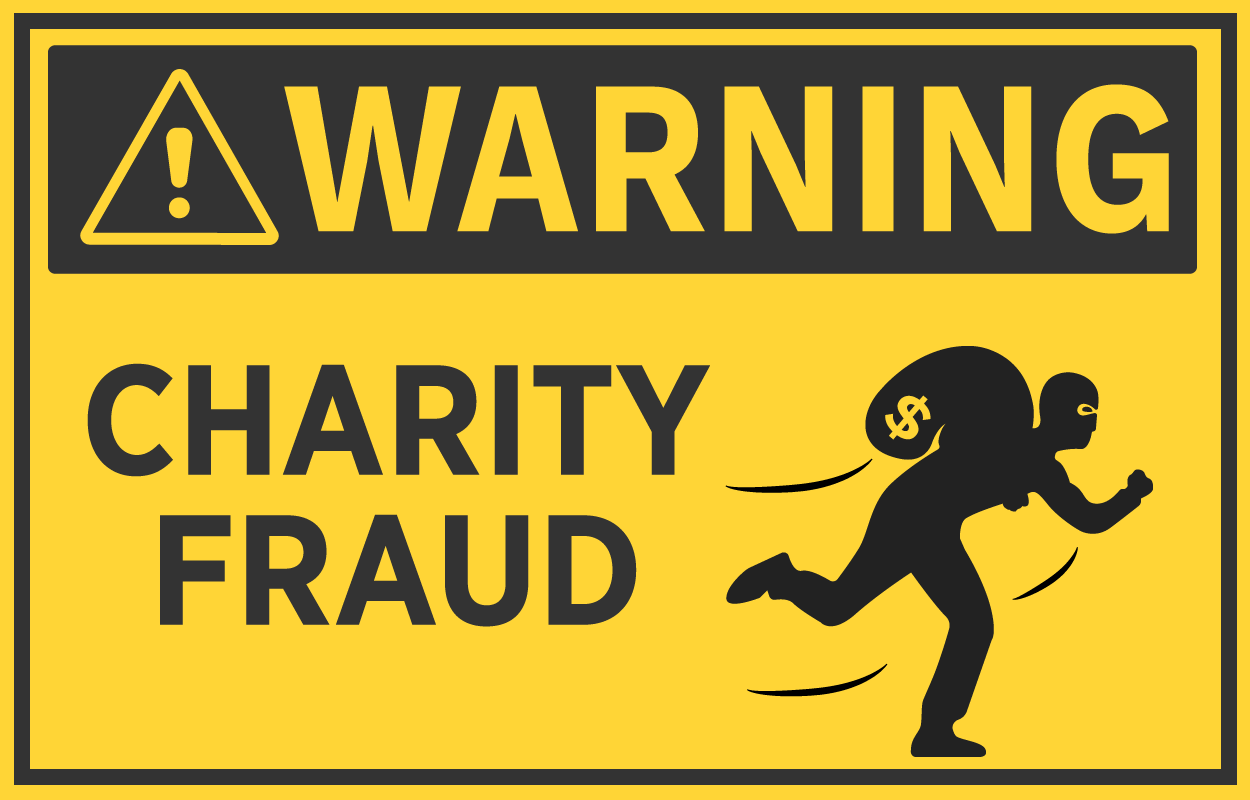Goa is abuzz with excitement as vintage bike and car owners, users, collectors and fans are decking […]

FUNDRAISING OR CHARITY FRAUD? By Komal Gupta
INFOCUS, Sep 30- Oct 06 2023 September 29, 2023By Komal Gupta
Do ordinary people know that crowd-funding is a business all on its own and can be risky?
WHILE not all fundraisers are fake or fraud we must focus on the fall-out of this and be aware of both the positive and negative or harsh side of this growing activity. It is unfortunate but true that a lot of NGOs or groups of people who come forward to collect funds for a good cause — end up spending large sums of the money raised to cover their own expenses or benefits!
Nowadays crowd-funding platforms are a growing social phenomenon and every now and again on social media we will hear someone’s tragic story of a situation or predicament or emergency and he/she appeals for financial help from those better placed than them. There are many crowd-funding platforms whereby these groups or even individuals raise and collect funds for a cause, often for the treatment of a loved one who is sick of cancer and in need of funds to pay for the surgeries or expensive drugs required…the case is detailed over social media and amongst the friends of the good Samaritans and many generous people do contribute whatever they can comfortably if they believe the cause is bona fide.
However, if you are approaching or are approached by such a “charitable” group or organization, be a little careful – not all these crowd-funding platforms are as honest or as charitable as they sound. Before entering into any crowd-funding deal be aware that although you may not be told in the beginning that a donation is available for your needs, but with a condition. Anything from 10 to 20% or more of the money raised will be deducted by the organization or good Samaritan crowd-funding group! You may get only 50% of the money raised and then you will be very upset for this is not the amount you had expected to cover the expenses you need to cover for a medical emergency or any other stressful and traumatic situation which is taking a toll of your family life and its health.
Sometimes it is not necessary that all those who are asking for help are honest fully, nor are those who are responding to the appeal for funds for a cause. Most of the requests coming in, we see on fundraising platforms, do not belong to the family members of the patients concerned, but from a second or third party interested in abusing the trust reposed on them and at the very last moment they will inform you that a cut has to be made for the service of crowd-funding. It will shock you and you will be very disappointed but this is the truth about the dark side of all the voluntary and welcome crowd-funding going on with the help of various platforms social or through personal contacts.
According to a post of a X user, formally Twitter as depicted here, the the user said that a person is using a fake account with pictures of sick children from crowd-funding platforms, to ask for money on people’s DM. We cannot easily identify if a person is genuine or just faking it and that’s why in some cases people gets scammed.
Help seekers as well as givers should always verify whether the request is authentic or not. In some cases, if there is an organizer, they take the money and disappear without delivering on earlier promises. If we go on Twitter and do some more research, we will get to see more such cases. You will see posts where people ask money for some treatment or surgery of someone. You will also see posts exposing fake fundraising. Social media is a place where you should be extra aware and cautious.
OTHER PLATFORMS
AMONGST other platforms for fundraising there is “Milaap” where anyone can raise a fund and the organization charges some percentage of the money raised through their website. Is it fair to take money from people who are in genuine need for money? The organization says that they take action to check the authenticity of the people raising funds through the organization’s website, but is it really the truth? Sometimes people ask for more money than expected for a particular surgery or treatment and then how does the organization makes sure that the money requested is what is actually needed for treatment and not more than that?
Saket Gokhale, a Trinamool Congress (TMC) spokesperson’s crowd-funding case, is yet another example of a fraud. The case against him was that he allegedly collected over Rs72 lakh from around 1,700 people through a platform called “Our Democracy.” The money collected was then used for his personal use, this is gross misuse of the funds collected. Even if the culprits can lie about claims on social media that they have witnessed fraud fundraisers, maybe they are revealing the truth. Through the experience of others, we can be cautious.
COVID-19 SCAMS
DURING the COVID-19 pandemic lockdowns and panic-stricken patients seeking help for treatment, oxygen tanks, etc, a lot of fund-raising was started by people who had nothing to survive on. Also, many lost their money by trusting and donating money to fraudsters, in the expectation that a good deed was done for a patient’s medicines or injections. Because of the scams people did lose trust and because of the fraudsters genuinely needy patients did not get the help they desperately needed to save life.
In yet another case we hear of the Baba Ka Dhaba case which highlights how a person can take advantage of poor people and take the money raised for them for personal use. There’s also a Malviya Nagar area of Delhi, where there was an old couple with an eatery, which apparently got famous because of a Vlogger Gaurav Wasan. Gaurav posted a video along with the couple asking people to come to his dhaba or donate money. Later it came out that Gaurav had given his or either his relatives’ bank details to collect money. The owner of Baba ka Dhaba, Kanta Prasad, claimed that Gaurav did not give him all the money and did not give his bank details to collect money. This Gaurav’s intentions may have been good but somewhere along the way we see a different perspective unfolding and how there are ways and ways to fool and con innocent people to part with their money for a good or charitable cause.
CONCLUSION
TO conclude here we will say protect yourself and always check authenticity of help-seekers as also website raising money for donating towards a good cause. Do not blindly trust any text messages or calls you get related to crowd-funding or donating money. You should not click on links given by strange or unknown persons or even if you do not know the person very well.
Cases of crowd-funding frauds are increasing day by day and in this situation, we should take care of our hard-earned money, and if you want to help someone do so when you’re in the picture personally and recognize a genuine need.
Donating money without verifying requests may often end up with such cases as those of Ketto and Milap and several other similar cases. Even though those platforms take action to prevent online fraud, fraudsters make their way through it. There are countless allegedly fake fundraisers on such platforms where they collect small amounts from different donors and then disappear without leaving a trace. They use photographs from Google and other fundraisers to create fake fundraising requests and collect money from innocent people who haven’t a clue that they are being taken for a ride!















